More than a third of world's population has no access to essential medicines, while less than 20% of the population consumes 80% of the drugs produced on the planet.
Farmamundi has initiated a campaign to raise awareness in Barcelona about responsible drug donations under the slogan #Donemambcura. The campaign is mainly intended to public administrations, medical staff, citizens and the pharmaceutical industry.
The NGO denounces the lack of rigor when it comes to donating medications, and the danger of using drugs that have left the pharmaceutical chain. According to the report 'Donations of drugs in emergencies situations’, 44% of medication donations made in six humanitarian crises that took place between 1989 and 2001 were inadequate. The report refers to the humanitarian crises of Armenia (1989), Bosnia Herzegovina (1992 - 1995), Mozambique (2001), El Salvador (2001), Timor Oriental (1999 - 2001) and Gujarat (2001).
The danger of inadequate donations
According to Farmamundi, the main causes for these donations to be inadequate are that medicines used in Europe are not usually useful in other countries because diseases are different. In countries with humanitarian emergency, they are mainly needed analgesics, antibiotics, anti-parasites and antimalarial drugs. Other causes are poor labeling, expired medication or non compliance with the guidelines of the World Health Organization (WHO) to ensure its quality.
The coordinator of the campaign, Cecília García, said that "receiving tons of inadequate medication generates a problem for the recipient country, because its classification and destruction are very expensive". García has explained that the destruction of medicines without the necessary infrastructure means an environmental hazard, as well as a risk that medications end up to the black market.
The World Health Organization (WHO) published in 1999 the first guidelines on drug donations. Some of these standards are the endorsement of donations by the pharmaceutical staff, the guarantee that the medicines have not left the pharmaceutical chain and that they meet the international quality standards. The Spanish Agency for Medicines and Health Products (AEMPS) also requests that the expiration date exceeds fifteen months when they reach the destination.
25 years working for health in the most vulnerable countries
Farmamundi is an NGO for development cooperation and humanitarian and emergency action that contributes to the promotion of integral health and pharmaceutical assistance in disadvantaged countries. It is the first non profit organization in Spain specialized in pharmaceutical supplying and assistance to humanitarian organizations and developing countries.
In the 25 years of the project, Farmamundi has supplied 2,340 tonnes of medicines and medical equipment in 70 countries worldwide, complies with all European quality standards and meets the needs of the recipient country. The organization denounces that more than a third of world's population has no access to essential medicines, while less than 20% of the population consumes 80% of the drugs produced on the planet.
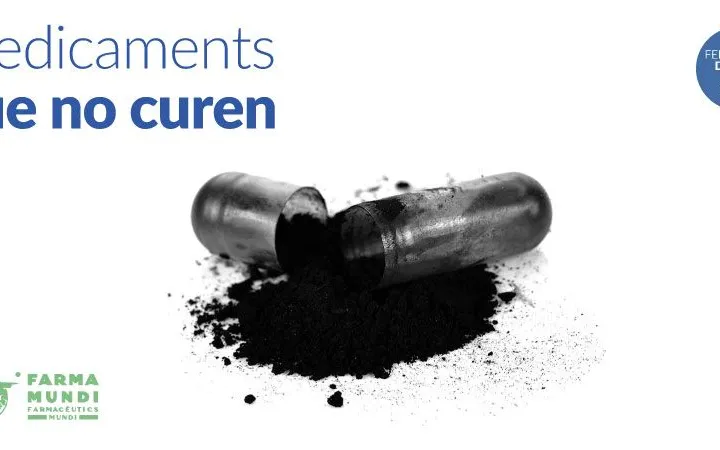
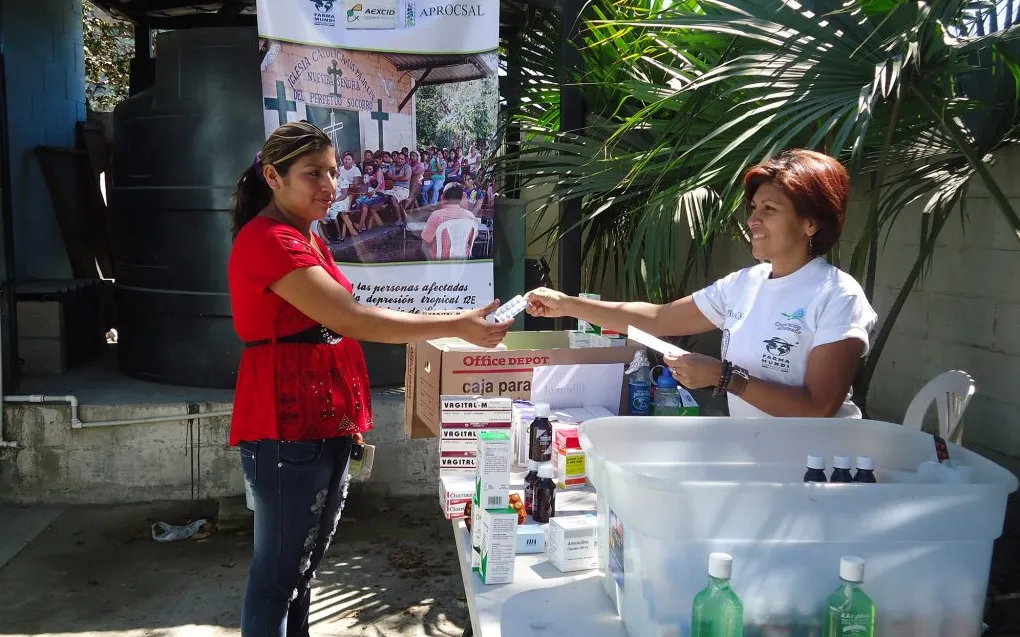
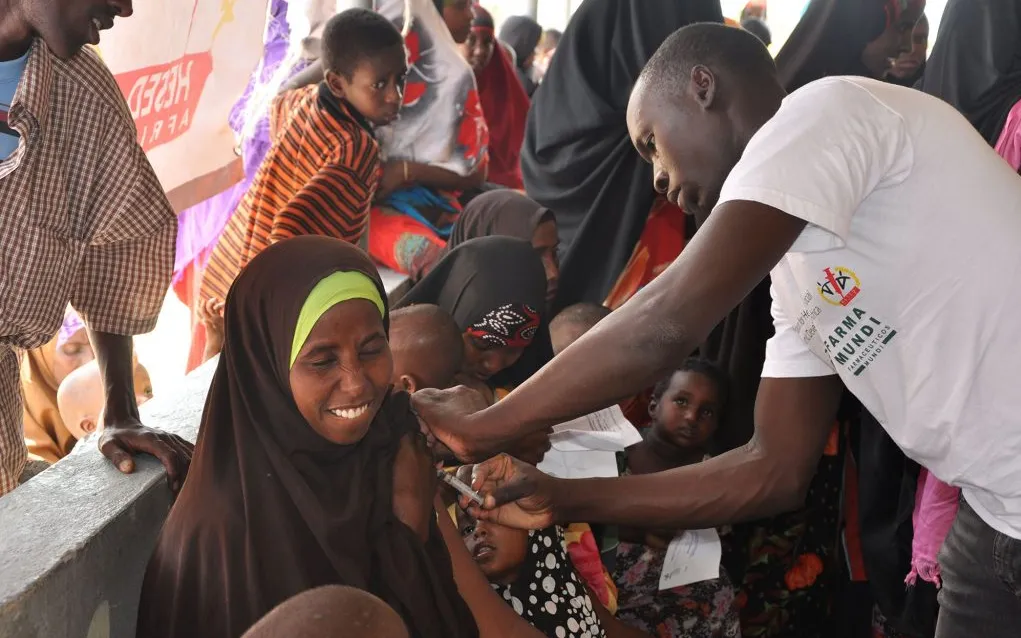



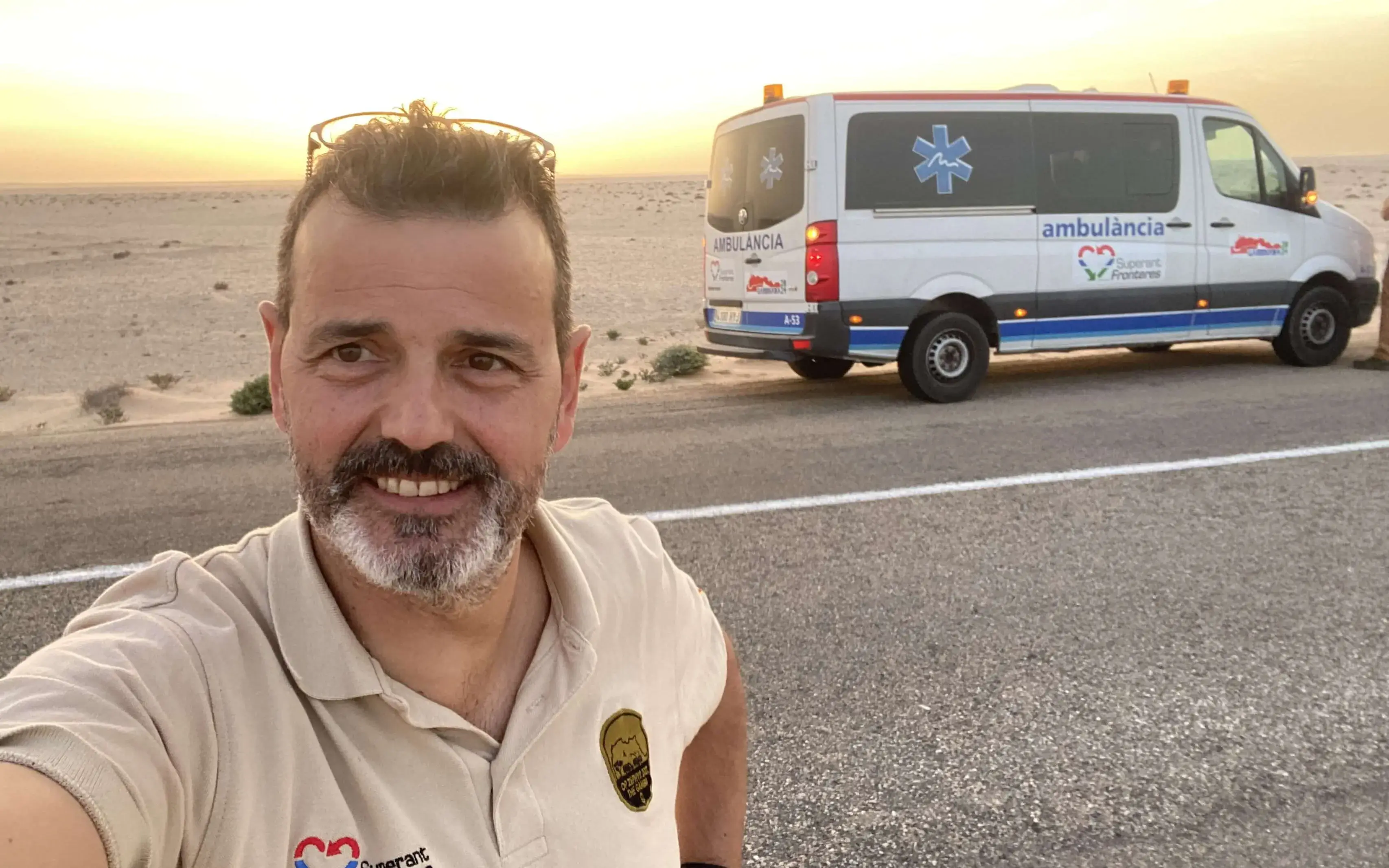

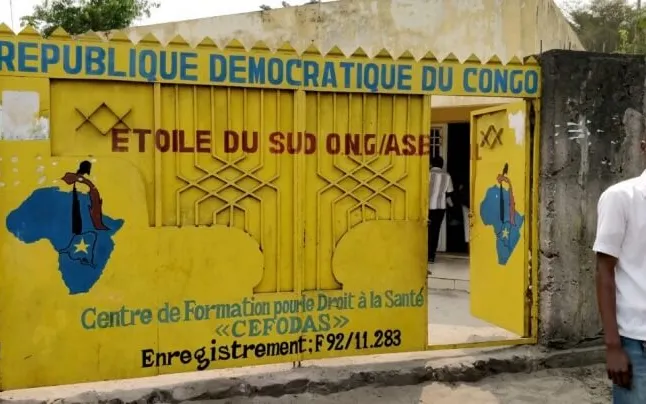

Add new comment